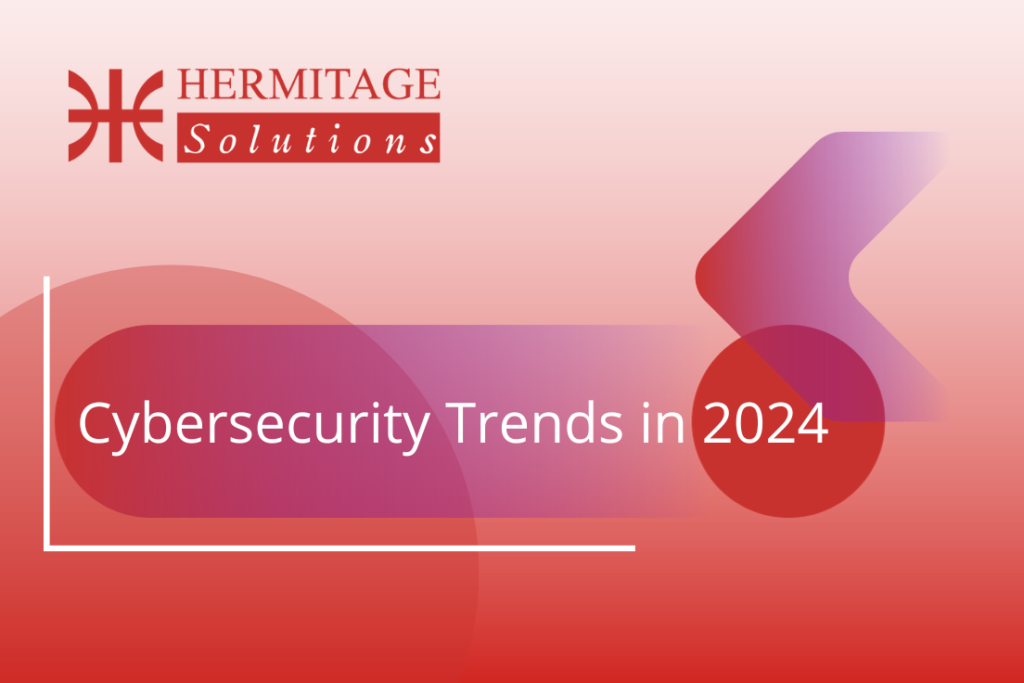As 2024 starts, it is the right time to try to be an “oracle” and have a look at the cyber security challenges both globally and in our Baltic region.
After reviewing the insights of the cyber security industry and the technology vendors we represent, also by adding what we hear from our respective markets, here is our perspective ( not according priority):
The resurgence of ransomware: The persistent threat of ransomware continues to grow worldwide. Cyber criminals, whose tactics are evolving, are targeting entities in various sectors, demanding higher ransoms.
Cloud security issues: The increasing reliance on cloud services worldwide is creating potential vulnerabilities. It is essential for users of this technology to ensure robust configurations and access controls to protect against data disclosure.
Cyber-attacks using Artificial Intelligence (AI): the integration of AI into cyber threats will become increasingly problematic. It is important to stress that both sides (“bad guys” and “good guys”) are integrating these tools for offense or defense respectively.
“Deepfake”: The proliferation of deepfake technology poses a threat to individuals, organizations and the geopolitical context. In the Baltic States, awareness and measures against the manipulation of audiovisual content are particularly important in the fight against disinformation campaigns.
Supply chain attacks: Supply chain attacks remain a major threat worldwide. Naturally, the Baltic States, which are active in the international market, need to ensure the security of their supply chains.
In addition to these global trends, the Baltic States face specific challenges, and it is therefore crucial to strengthen cooperation efforts in the region and share information to enhance regional cyber security resilience more effectively to both global and local threats.
Critical infrastructure protection must be given special attention, not forgetting continuous risk assessments, audits, and the deployment of appropriate safeguards.
Equally important is investment in a skilled cybersecurity workforce, a conundrum that is also relevant globally, but which is uniquely important to us because of the geopolitical situation, and which requires active training of cybersecurity professionals. By the way if successful, why shouldn’t cybersecurity services become a successful export model?
In conclusion, we will leave it to you to ponder what impact the implementation of the “Network and Information Systems Directive 2” (or better known by its acronym “NIS2”) in 2024 will have on both the risks listed above and the overall cyber resilience of the Baltic States.
Have a safe 2024!
Yours sincerely,
Paulius, CEO at Hermitage Solutions Baltics
